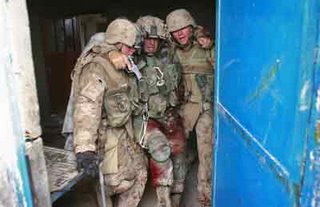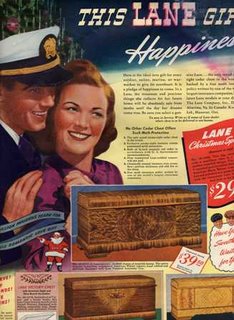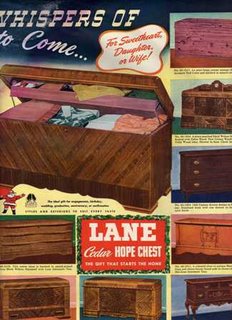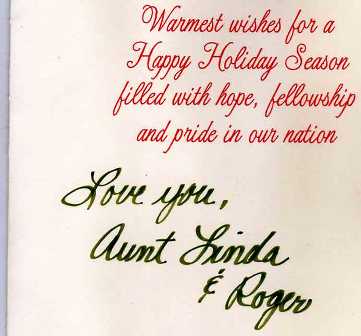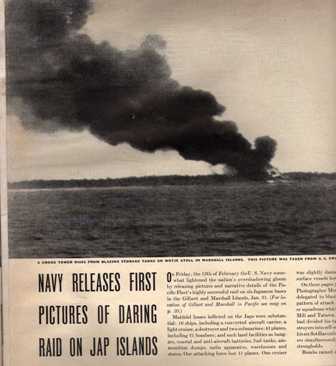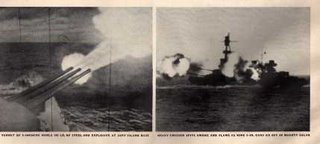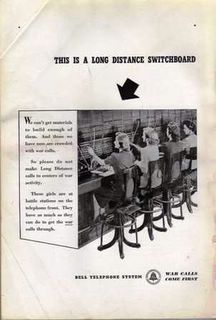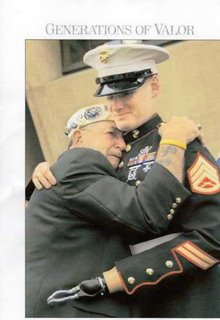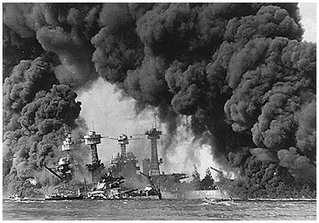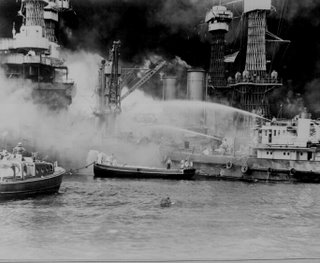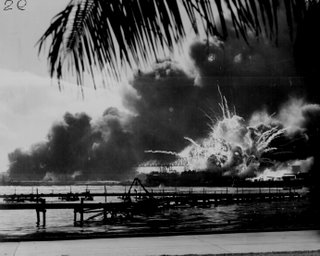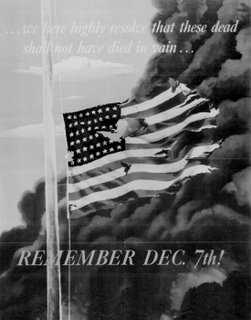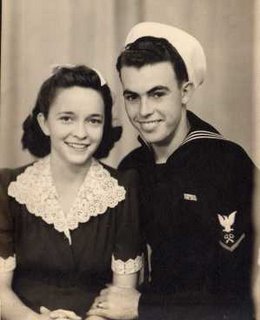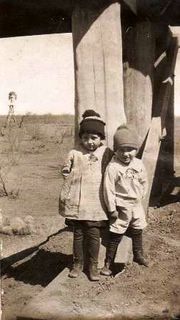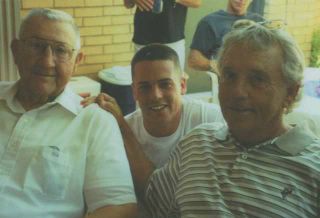 A penetrating darkness covered the countryside while a lonely half-moon hung low in the sky shedding just enough illumination for me to barely discern the HMMWV in front of us. To our front and rear were vehicles carrying Navy Seals, some of the best door-kickers in Al-Anbar province. In the wee hours of this morning (more like late at night by my standards) we were on our way to an appointment with an insurgent. Unfortunately, no one told him about it. He didn’t get the memo.
A penetrating darkness covered the countryside while a lonely half-moon hung low in the sky shedding just enough illumination for me to barely discern the HMMWV in front of us. To our front and rear were vehicles carrying Navy Seals, some of the best door-kickers in Al-Anbar province. In the wee hours of this morning (more like late at night by my standards) we were on our way to an appointment with an insurgent. Unfortunately, no one told him about it. He didn’t get the memo.The engine of the HMMWV roared as we sped down the road towards our target, making talk between passengers almost impossible. Our PRRs handily overcame this problem, communicating my instructions and updates to my team at the push of a button. My left hand found the cigarette-box sized radio attached to my flak jacket and depressed the top button.
“Left turn, 200 meters,” came through my driver’s headset as we barreled down the highway. An eerie green glow hovered over his right eye as his night vision monocular projected a clear image of the road to come.
The isolated house presented a melancholy scene against a backdrop of Iraqi farmland. As our vehicles stopped along the road the gunners of each turret pointed their weapons at likely enemy avenues of approach, ensuring security as the hit went down. As the Seals dismounted I thought to myself “This guy’s world is about to get turned upside down, and he has no clue.” My team remained at the road. We weren’t trained infantry Marines, and we didn’t pretend to be. As basically trained Marines we were certainly qualified to conduct a raid, but these guys were the experts, and we weren’t going to get in their way.
The stack moved towards the house with speed and accuracy, breaking off near the end of the driveway to surround the building. I peered through the darkness and saw a silhouette hovering about on the roof. “How did they get someone on the roof that fast?” I thought in disbelief. I could communicate with the team during the raid via my other radio, a brick-sized encrypted communications device attached to the right side of my flak. I heard their instructions to set, and then the real fun began. A thunderous boom and brilliant flash of light erupted from inside the house. It was a flashbang grenade, made to temporarily deafen and blind anyone unfortunate enough to be in the same room. The team breached the front door as the sound of splintering wood echoed through the night. Before he understood what was happening our target had a muzzle in his face and was being blindfolded and flexcuffed. As usual, he had a few friends with him, but the team was happy to oblige them just the same.
As the mission commander called the target “all secure” my team moved in to help conduct sensitive site exploitation (SSE), the process of methodically searching a site of intelligence value. The on-the-spot interrogation was already underway in the receiving room as the SSE began. The interpreter calmly explained the interrogator’s instructions as the men leaned against the wall in a sitting position with their hands immobilized and their eyes covered. As the questioning began the men would often talk at the same time, possibly to collaborate stories. The interrogator sternly reminded the others to be quiet as the questioning continued. Still, one of the men kept talking. I happened to be standing closest to him, so I asserted “No talking!” in crude Arabic as my left hand grabbed a handful of hair and pulled his head back to look at my face through his blindfold. Our noses were only inches apart, and whether through my words or actions he clearly understood.
Dawn was breaking as we loaded the detainees into the HMMWVs outside. Iraqi Army soldiers provided security as the Seals collapsed their cordon from the house back to the road. We had our target, and we weren’t waiting around to find out what might happen after daybreak. We launched down the highway in the opposite manner we had moved in. We used the wrong side of the road for part of the egress until we were able to cross the median into the right lane. This wasn’t really a big deal, as Iraqi citizens are conditioned to pull over, stop, and put on their hazard lights as we come by. They did the same in the right lane as we passed them and moved back to our camp. One car didn’t pull over, and the lead vehicle executed their SOP of dropping a flashbang grenade to the side of the road behind the car. This didn’t impair the driver, but the boom quickly got his attention, and he pulled over in kind.
After returning to the camp we processed the detainees, took the above photo to celebrate our first mission together, and finished just in time for morning chow. I sat in the chow hall with my team and reflected on the morning’s events. We were all exhausted, as we had worked normal hours the day before, and were all approaching being awake for 25 hours. After tossing my plastic tray in the garbage I made my way back to my trailer. I thanked God for another safe and successful mission and crawled into my sleeping bag for some desperately needed rest. I fell asleep and didn’t move until afternoon.
About the author: I am a US Marine who just returned from a deployment to Fallujah, Iraq, from February to August 2006. I am a part of 1st Radio Battalion from Camp Pendleton, California. I graduated cum laude from the University of Alabama in Huntsville in August 2003 with a B.S. in mechanical engineering.




